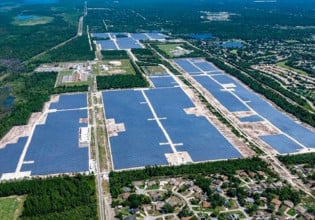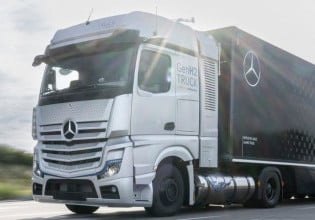A major obstacle to the successful marketing of hybrid and/or electric vehicles is the customer perception that these vehicles use unproven technology that has a greater chance of failure, and that the vehicles will be expensive to repair. Consequently, the HEV market is understandably sensitive to negative media reports. This week contained two negative stories in the field of HEVs.
American Honda Motor Co., Inc. will recall 36,656 Civic Hybrid vehicles from model years 2006 through 2007 in the U.S. to replace the dc-dc converter, a component of the Integrated Motor Assist™ hybrid control system. The dc-dc converter may experience an internal failure that could lead to engine stalling and malfunction of vehicle headlights. No crashes or injuries have been reported in relation to this defect.
Honda is announcing this recall to encourage all owners of affected vehicles to take their vehicles to an authorized dealer as soon as they receive notification of this recall from Honda. Notification to customers is planned to begin March 18, 2011.
On the heals of the Honda story, General Motors Co. received news that its Chevy Volt fell well short of its maximum range potential under battery power performance for efficiency in its first series of road tests by product raters at Consumer Reports. Consumer Reports stated that the tested car ran for 26 miles before the vehicle’s gasoline engine kicked in. After promoting a 40-mile electric-only range for most of the Volt’s development, GM last year introduced a sliding scale of between 25 and 50 miles.
Consumer Reports drove the Volt at its test track under the coldest temperatures this winter, and the tester acknowledged that the car may perform better in temperate climates and in more city-like conditions. Large lithium-ion battery packs used to power vehicles can underperform in cold weather, partly because energy drawn from them is used to heat the interior for passenger comfort. Power drain can also occur when the car’s air conditioner is running.
Nonetheless, Bill Wallace, Director of Global Battery Systems for GM, wasn’t concerned. He chalked up the bad review from Consumer Reports to being first in the market. "Nobody – Ford, Nissan or anybody – has anything better,’’ he said. "I’m certain that a year or two from now, when they’re actually in the market and they’re actually showing cars, they will not be able to outperform us."






